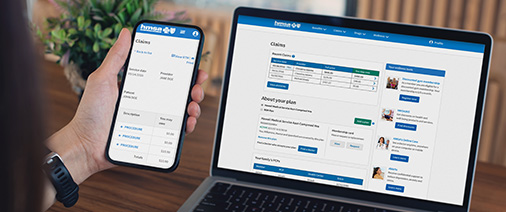Preparing your body for a healthy pregnancy is an important step for a healthier you and a healthy baby. Taking care of your health before pregnancy is important.
Download printable checklist [PDF]

See your doctor before trying to get pregnant. Ask about: tests and vaccines you should get, prenatal vitamins, how to manage or control any health conditions you have, and medications you can take or shouldn’t take.

Eat a well-balanced diet that include lots of vegetables and fruits. Plan meals and snacks before grocery shopping. Have healthy food choices on hand.

Get regular physical activity. Ask family and friends to exercise with you, even if that’s just going out for a daily 30-minute walk. Being too thin can make it harder to get pregnant. Being too heavy man cause problems, such as raising your chances of diabetes or high blood pressure or making labor last longer. Talk to your doctor about a healthy weight for you.
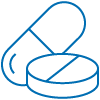
Prenatal vitamins and folic acid are good for you and your baby’s health. Folic acid can help to prevent birth defects of a baby’s brain and spine. Most experts recommend taking 400 micrograms (mcg) of folic acid daily. Ask your doctor about folic acid and prenatal vitamins.
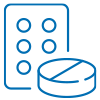
Talk with your doctor about birth control, including what top use and when to stop if you’re planning to get pregnant. Get checked for any STIs and have your partner get checked as well.

To prevent getting sick, wash your hands frequently with soap and water. Ask your partner to change the cat litter. Avoid people who are sick. Avoid harmful chemicals, metals, and other toxic substances at home and at work.
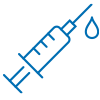
Vaccinations are the best defense against many diseases. Check with your doctor about getting your vaccinations and which ones are recommended now and when you get pregnant.
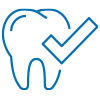
See your dentist for a check-up before trying to conceive. If you don’t floss regularly, start now and make it a habit. It’s good for your smile and your baby. Pregnancy raises your chance of gum disease, which could make early labor more likely.

Some experts suggest no more than 200 milligrams of caffeine a day (a 12-oz cup of coffee or four 8-oz cups of tea) while you’re trying to get pregnant and during pregnancy.

Stop use of tobacco and other harmful substances. If you smoke, stop and avoid being around others when they do. Learn about the potential problems associated with smoking for you and your baby. Stop the use of alcohol and other substances. Talk to your doctor about any prescription drugs you’re taking.
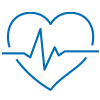
Manage your health conditions and learn about your family’s health history. Talk to your doctor about any of your existing health conditions, including asthma and diabetes. Also, a simple blood or saliva test could tell you if you carry genes for cystic fibrosis, sickle cell disease, or other conditions. Ask your family (parents, grandparents, siblings, and other relatives) about any health conditions they have. Find out about your partner’s health and the health of your partner’s family. Keep a record and update yearly.

Make a plan to manage and reduce stress. Get rest, exercise to lift your mood. If you’re feeling stressed, reach out to family and friends and seek professional help. There are a number of mental health resources available to HMSA members.

